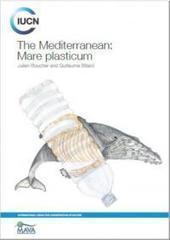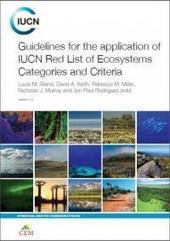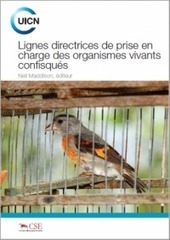“The Mediterranean: Mare plasticum” How much plastic has accumulated and continues to leak into the Mediterranean Sea? The virtual event will also show IUCN actions to close the plastic tap.
Research and publish the best content.
Get Started for FREE
Sign up with Facebook Sign up with X
I don't have a Facebook or a X account
Already have an account: Login
Revue de presse et du net par le Pôle de partage des connaissances S&T de l'Office français de la biodiversité
Curated by
DocBiodiv
 Your new post is loading... Your new post is loading...
 Your new post is loading... Your new post is loading...
|
|













via IUCN Mediterranean Cooperation Centre @IUCN_Med Auteurs : Boucher, Julien, Billard, Guillaume IUCN, Global Marine and Polar Programme IUCN, 2020
Lire l'article de Joël Cossardeaux, publié le 28 oct. 2020 https://www.lesechos.fr/monde/enjeux-internationaux/un-rapport-pointe-linflation-galopante-des-plastiques-en-mer-mediterranee-1259927 "Près de 230.000 tonnes de déchets plastiques finissent chaque année dans « la Grande Bleue »."